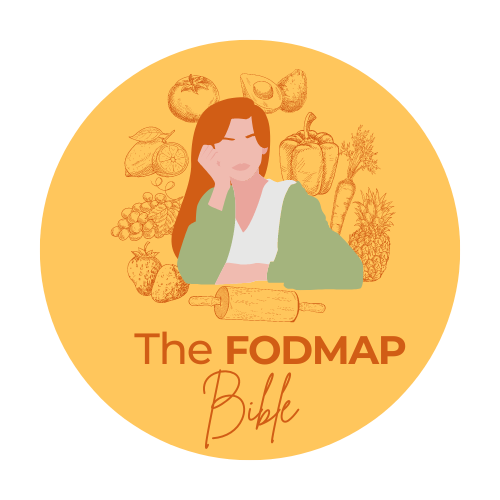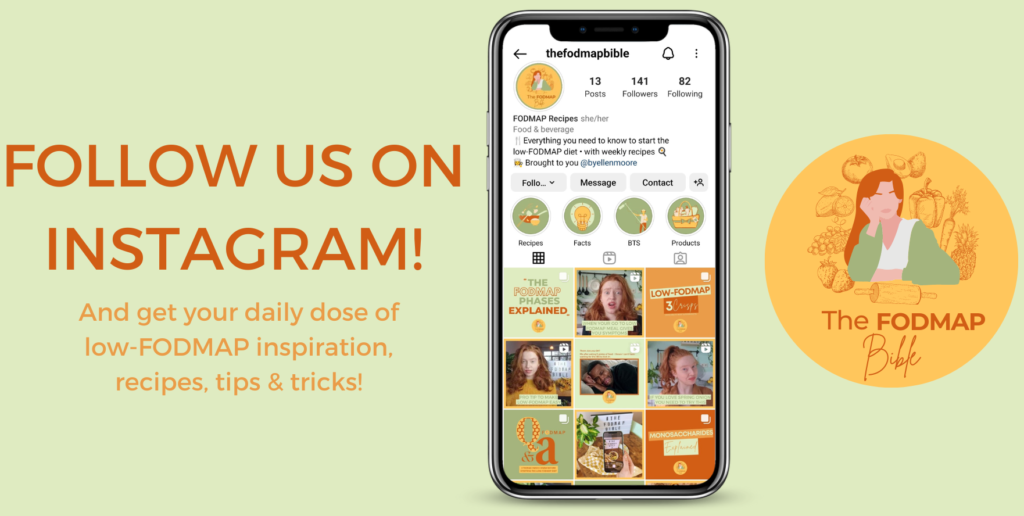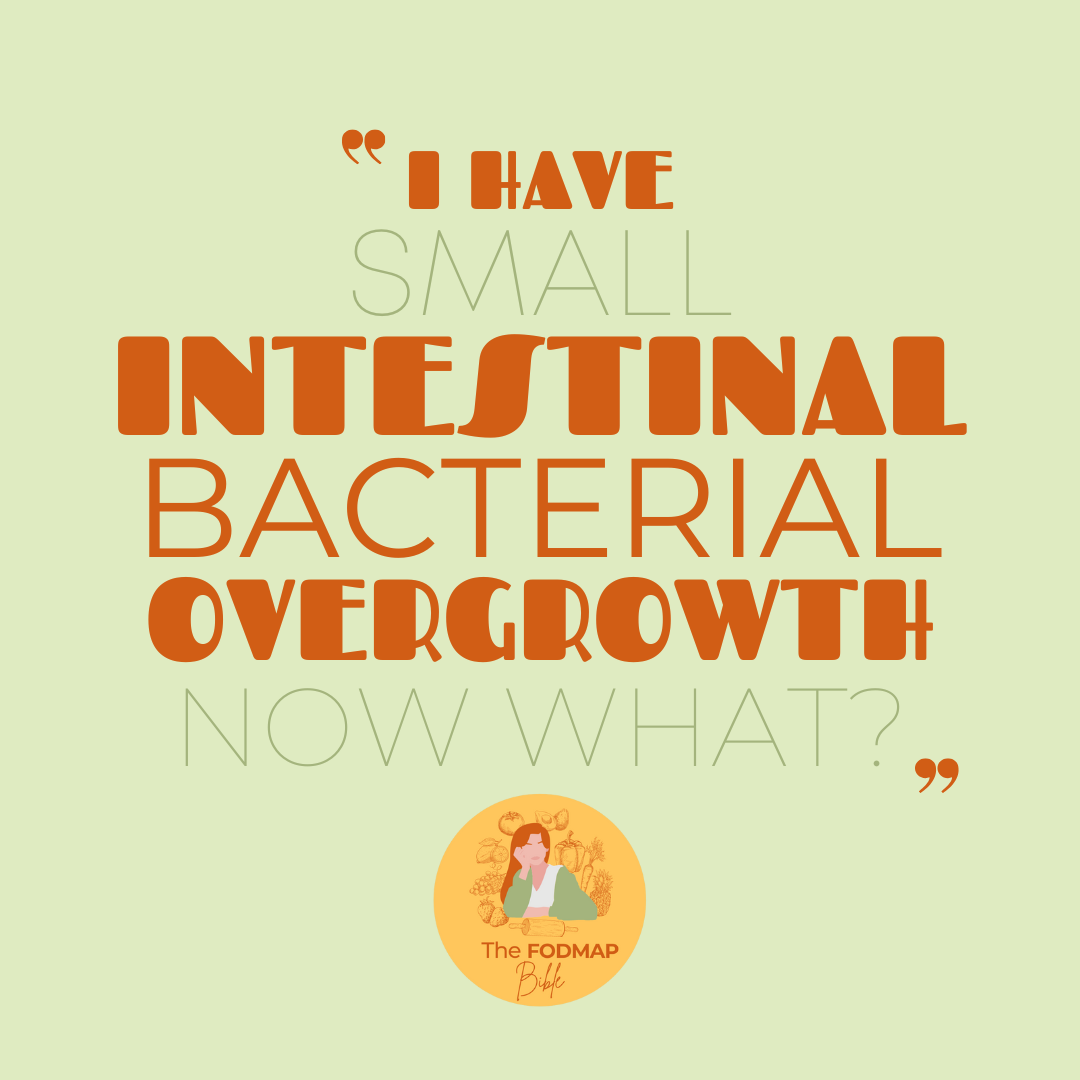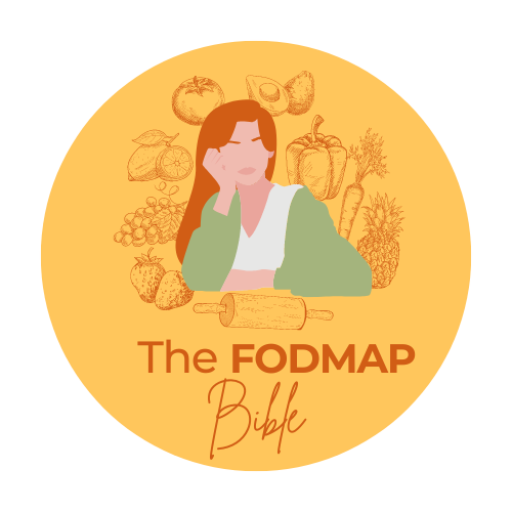
I Got Diagnosed With Irritable Bowel Syndrome (IBS), Now What?
What is IBS?
Irritable Bowel Syndrome – or IBS – is a gastrointestinal disorder which affects the stomach, the smaller- and the larger intestines. Symptoms vary from person to person, but can more or less be summarized as:
● Bloating;
● Constipation;
● Diarrhea;
● Nausea;
● Abdominal pain.
Luckily, only a small number of individuals with IBS experience severe symptoms and most people can control their symptoms thanks to the low-FODMAP diet. But what are FODMAP’s?
FODMAP stands for…
F ermentable
O ligosaccharides
D isaccharides
M onosaccharides
A nd
P olyols
These are the names of a variety of short-chain carbohydrates which are poorly absorbed and rapidly fermented by the gut bacteria in the gastrointestinal system of people suffering from Irritable Bowel Syndrome (IBS) and Small Intestinal Bacterial Overgrowth (SIBO).
Welcome to the club, IBS sibling!
Getting diagnosed with IBS and starting out on the low-FODMAP diet – to me – felt like a lifelong prison sentence. I truly thought of it as the end of the world. It forced me to learn to cook everything – from scratch, in a completely different manner, using completely different ingredients. Steering clear from certain things, while incorporating (and learning how to cook with) others.
Now, 5+ years after my diagnosis, I’ve learned to cope with my IBS and cook my way around FODMAP’s, while producing actually enjoyable meals. Yes, I didn’t think it was possible either, but here we are and man it’s good to be back to enjoyable food and a diverse range of meals. Hopefully the articles on our website, the tips & tricks on our social media and obviously the recipes we share on here can help ease your journey on the low-FODMAP diet. But wait, what even happens to the body when FODMAP’s are consumed? And why do they cause so many symptoms?
When FODMAP’s are consumed – by individuals with IBS or SIBO, a variety of things can happen in the gastrointestinal track. When the FODMAP in question can not be broken down properly – due to a lack of digestive enzymes, like with lactose for example (click here for an in depth article about lactose) – this results in undigested remnants of FODMAP’s. These remnants then get taken from the small intestine, into the larger intestine. During the fermentation process of these FODMAP’S – in the larger intestine – a variety of gasses are produced as a by product of digestion, leading to bloating and abdominal pain.
Osmosis
When the FODMAP in question can not be broken down, it can also have an osmotic effect on the gut. Osmosis refers to the movement of water molecules from a solution with many water molecules, to a solution with little water molecules. This occurs in the digestive system as a result of compounds like salt or poorly / undigested remnants of FODMAP’s, because these types of compounds attract water like a magnet, resulting in a more watery stool than it would have been without the occurrence of osmosis in the gut. This can also lead to diarrhea. But, there is also good news…
Good news
Even though Irritable Bowel Syndrome can and will be an absolute pain in the ass, it’s not the end of the world.
The low-FODMAP diet is temporary
Although your IBS diagnosis isn’t, the low-FODMAP diet is temporary. During the first 2-6 weeks of the diet you eat completely low-FODMAP. This is the most restrictive phase, after which the reintroduction phase begins. This reintroduction phase will last approximately 6 weeks, during which you test which of the 6 different FODMAP’s you do and do not tolerate. After these two phases you will begin reintegrating the FODMAP’s you did tolerate while leaving out the ones you did not tolerate, personalizing your diet to fit your needs. For an in depth explanation of the various phases and how to start the low-FODMAP diet, click here.
Additionally, I dare to claim that: it won’t ever be as bad as it is now*.
Most of the time when someone get’s diagnosed with IBS, this diagnosis is a result of a variety of symptoms that began making it hard to function on a ‘normal’ diet. You don’t get a diagnosis, for a disease you don’t suffer from. Meaning, if you do not experience many symptoms, you might have IBS or another disorder / illness, but it’s likely to go unseen, because you’re still functioning (relatively well) and aren’t suffering from a lot of symptoms. When you do suffer from symptoms, you go to your doctor and begin to look into what it is that causes these symptoms – which eventually leads you to a diagnosis.
Moral of the story: you had symptoms that were so disabling that you went to a healthcare professional who diagnosed you with IBS. That, in and of itself sucks – agreed – however, the great thing is that you now know what you have and can thus begin the low-FODMAP diet, which will* improve your symptoms. So long as you stick to the diet, your symptoms will never* be as bad as what led you to seeking medical help in the first place.
So, hey you! Welcome to the club, IBS sibling 🙂
It’s good to have you.
I cannot wait to help make your journey on the low-FODMAP diet a bit more easy, bearable and a whole lot tastier!
Want to know more about all things low-FODMAP? Follow us on Instagram & TikTok @theFODMAPbible – for recipes, inspiration, explanations and loads of advice on how to make your life on the low-FODMAP diet as enjoyable as it would have been without. Trust me: you won’t regret it, pinky promise!
We hope to see you on our socials 🙂

*Don’t sue me if your symptoms don’t improve. I don’t make up the rules and I don’t give out guarantees. I highly recommend for you to seek help from a healthcare professional, who can offer you the right guidance. Please be cautious of the information displayed below.
Please note that we are NOT doctors & we do NOT provide any medical advice
If you’re struggling with symptoms – that could potentially be a gastrointestinal disorder like Irritable Bowel Syndrome (IBS), Inflammatory Bowel Disease (IBD) or Small Intestinal Bacterial Overgrowth (SIBO) – we strongly suggest for you to seek medical help and recommend you to reach out to a healthcare professional, who can offer you the right guidance.
We want to emphasize that the low-FODMAP diet is a medically induced diet, that should be started only when a doctor diagnosed you with a gastrointestinal disorder and should always be done under strict supervision of a specialized dietician or other healthcare professional.
Nonetheless, we maintain strict policies when it comes to the prevention of spreading fake news. Our posts are written by research journalist @byellenmoore and are based upon both scientific research and her own personal experiences with being on the low-FODMAP diet, as a patient suffering from Irritable Bowel Syndrome (IBS). We share what we know, to give you a better understanding of that from which you suffer, in order to make your journey – going low-FODMAP – a little bit easier!





